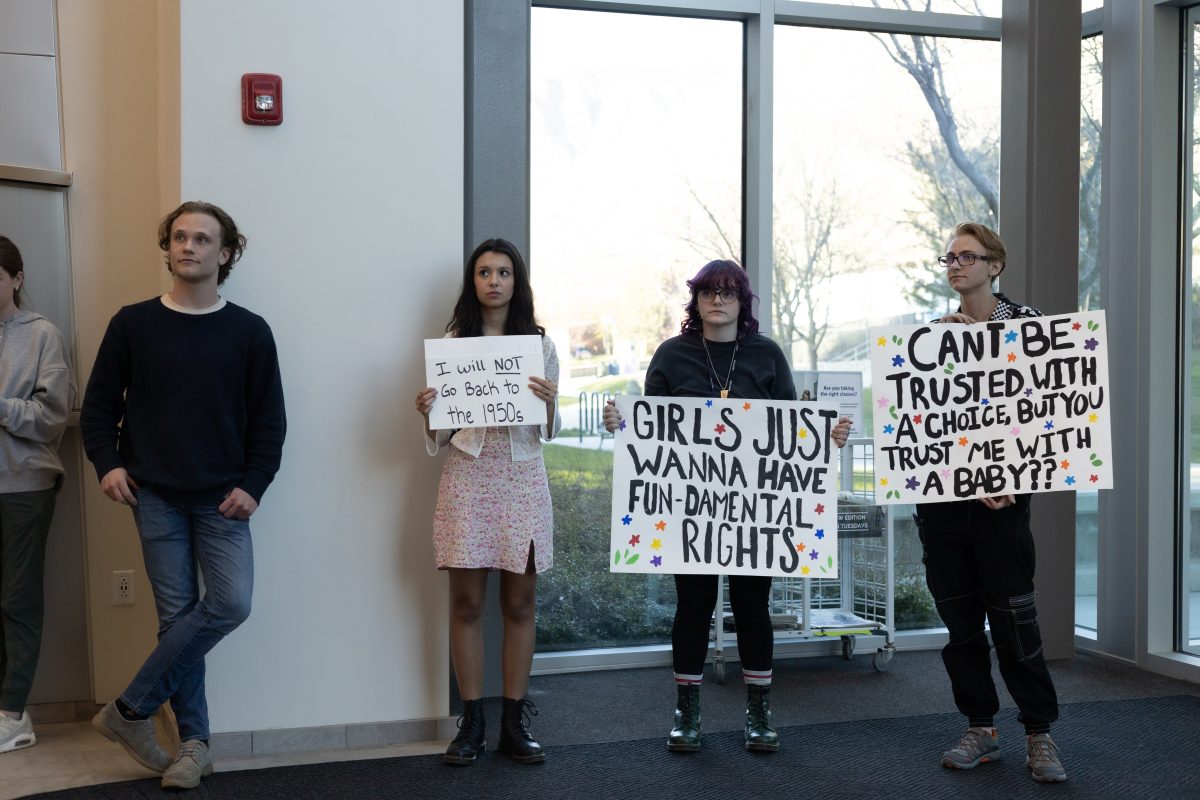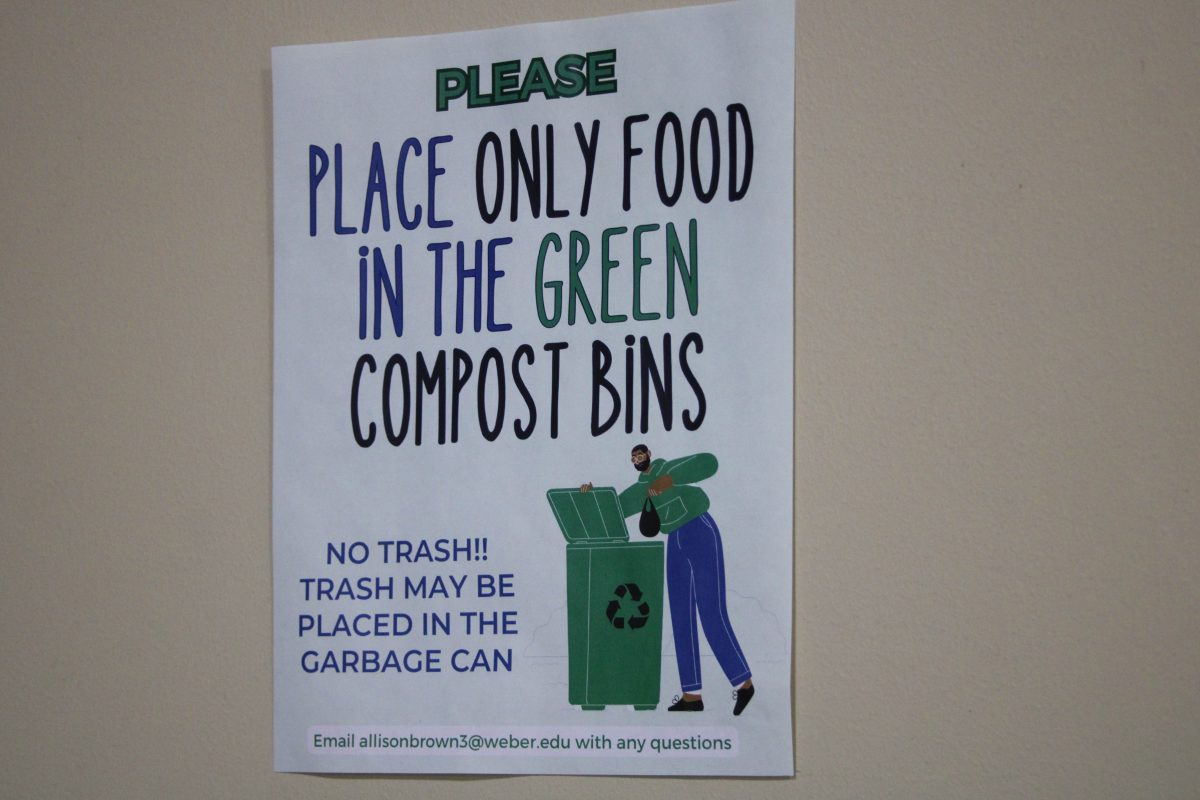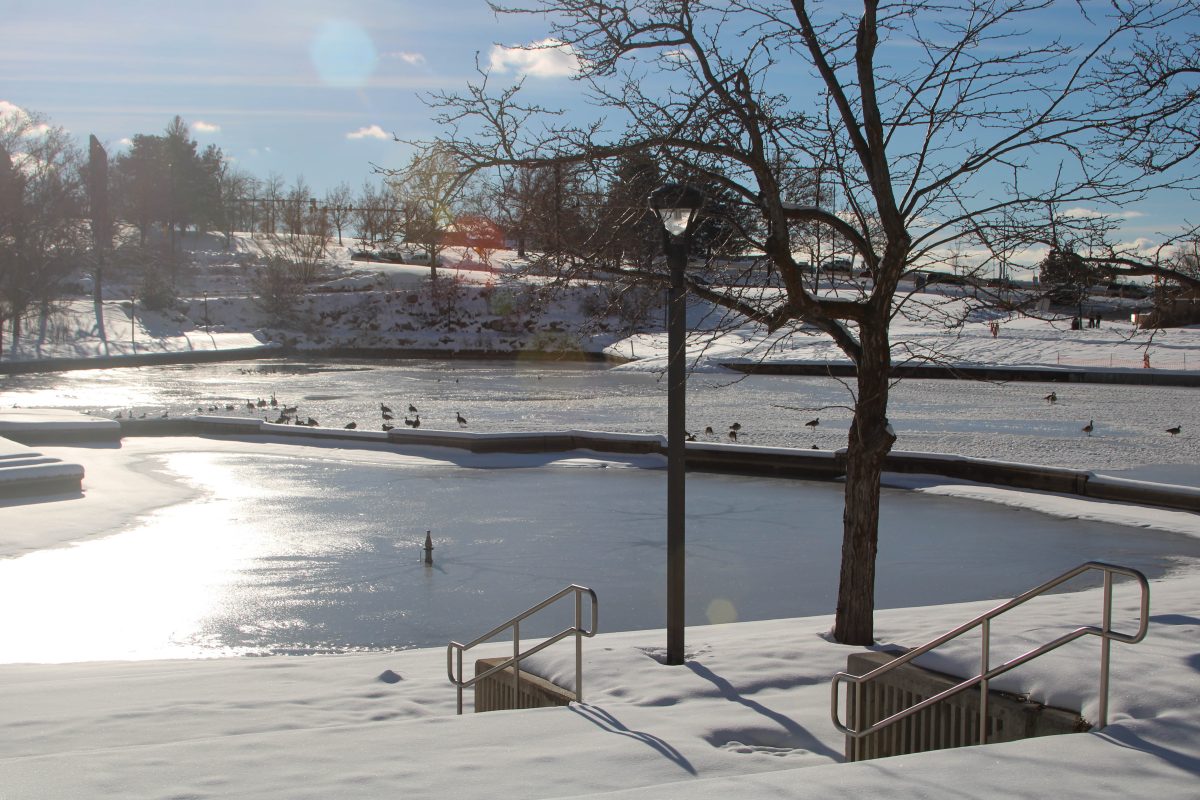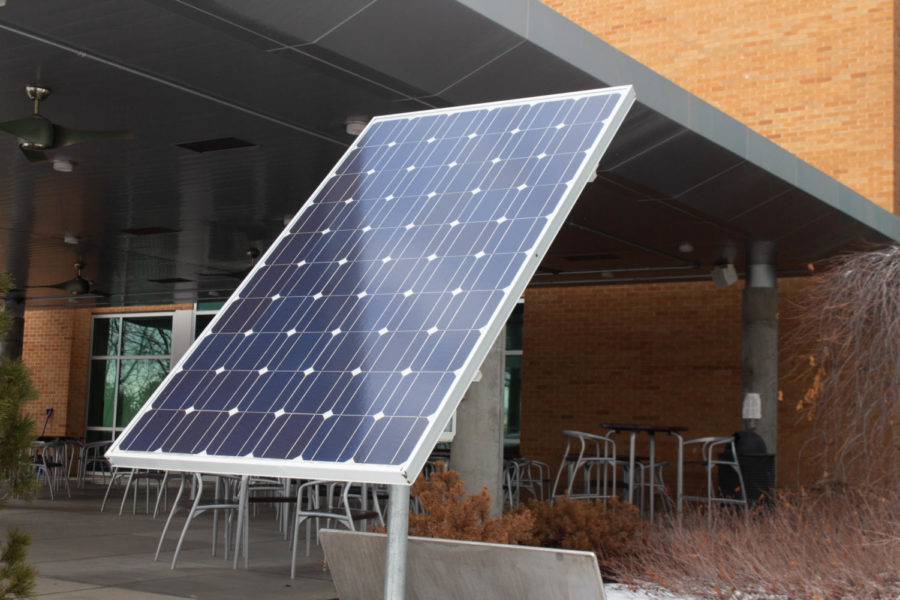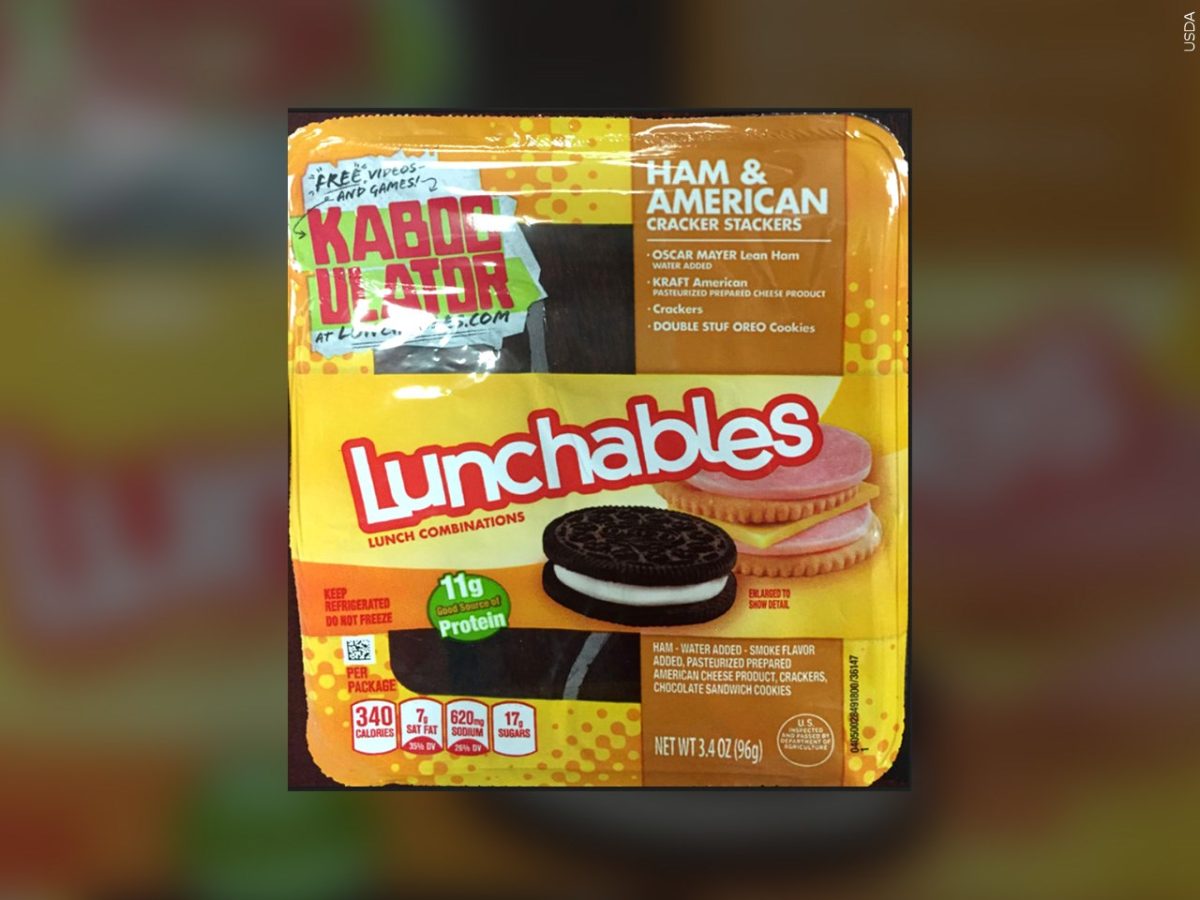Spring finds Weber State University students and faculty alike joining forces to help the environment.
Idle-free and smoke-free campus initiatives, each starting within the student senate, are gaining momentum, allowing for a greater likelihood of ideas being made into university policy.
“The committee has been working on a smoke-free initiative that was started in the senate a few years ago,” said Brady Harris, senate president, “but it is still at the Board of Trustees waiting for approval. The same is true for an idle-free initiative that we worked with (the faculty senate) on as well . . . (It’s) all happened lately . . . if it passes (the Board of Trustees), it will be a big and exciting deal.”
WSU has several groups that deal directly with encouraging sustainability and environmental health, one of which is the Environmental Issues Committee, a collection of faculty, staff, administrators, students and community members whose goal is to increase WSU’s awareness and help the environment in ways of policy and education.
In 2012, the Sierra Club selected WSU as one of its “Cool Schools” based on a survey that focused on measurable environmental improvements, where WSU was ranked 74th in the nation.
Alice Mulder, chair of the Environmental Issues Committee, said she encourages students to be more environmentally friendly.
“Given the better weather, one obvious thing is to walk or ride a bike to campus if possible, instead of driving,” Mulder said. “This reduces our collective carbon footprint in terms of fossil fuels consumed and emissions produced. It also improves a person’s health and costs less. With some students likely moving out of apartments and dorms as the year comes to a close, it is also worthwhile to try to increase recycling and the reuse of stuff in our lives. We should each have much less in our trash cans than we do in our recycling bins on a weekly basis.”
Mulder said everyone should avoid the use of pesticides and synthetic fertilizers in their yards.
“The hazardous chemicals contained in those products do not disappear once they have been applied,” Mulder said. “They typically persist a long time and make their way into our soils and eventually into our regional water supplies. Everything we collectively put into our natural environment has a way of coming back to affect us one way or another.”
WSU sustainability specialists and the Environmental Club have sponsored and supported many campus initiatives. As of September 2012, WSU successfully focused its efforts on energy projects, such as converting many university vehicles, including shuttle buses, to natural gas, insulating the university’s network of steam and chilled water pipes for improved energy efficiency, upgrading lighting to high-efficiency fluorescents and installing solar panels on a number of buildings. The club is also responsible for the eight new water bottle-refilling stations that have been installed in buildings around campus and have supported WSU with its Climate Action Plan.
Thirty cents from each student has gone to installing 24 new bike racks on campus. This will also help students who have previously had a hard time finding space in the available bike racks (three of which are near the Student Services Center, the Browning Center and Lampros Hall). Also, bike-repair stations have begun to be set up around campus that allow for students to fix their bikes.
Mulder said there are now three new repair stations on campus located at the science building, social science building and Elizabeth Hall. A ribbon-cutting ceremony is scheduled for April 17 at noon on the west side of Elizabeth Hall to mark these additions to the bike infrastructure on campus.
Freshman Brianna Irwin said she thinks WSU providing more environmentally friendly resources to students is a good thing, and that every person should take advantage of them.
“Yes, we should be (more environmentally conscious),” Irwin said. “We need to take time for it.”
She said she believes education of students is also important in making a bigger impact, saying that by allowing people to know more about how they can help the environment and what happens if they don’t.
“Students will learn more about it and learn what it’s about to have fresher air,” Irwin said.
Hambagee, a social work major, said he believes it’s good that WSU help students to be environmentally conscious.
“It is great to see the effort that Weber State University to be more environmentally friendly,” Hambagee said. “In all of the classrooms, there are . . . signs that show what is considered acceptable for recycling. Most students, including myself, often don’t know what is considered (OK to recycle). However, this . . . gives us the opportunity to experience it.”



